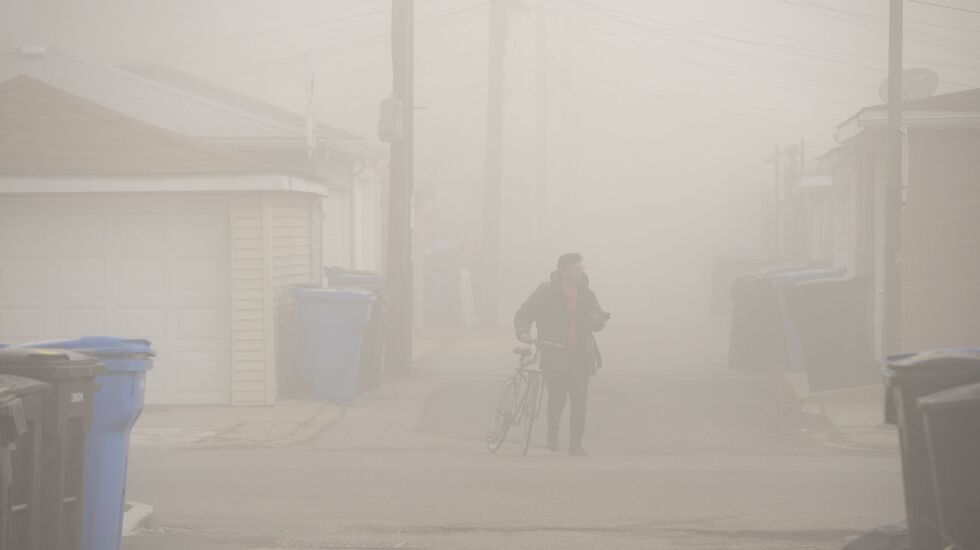
The Sun-Times recently reported on the Office of the Inspector General report that found the city was negligent in the 2020 Hilco demolition in Little Village, as well as Mayor Lori Lightfoot’s decision to keep the report secret. Why haven’t issues like this been more prominent in discussions about the upcoming mayoral election?
Much of the election conversation thus far has focused on crime, mostly property theft and gun violence. This concern is understandable — no one wants to see their loved ones and neighbors hurt. And we need solutions to prevent interpersonal violence, including eliminating economic disparities and investing in community resources.
However, this conversation has largely left out crimes of powerful institutions and how we hold them accountable.
SEND LETTERS TO: letters@suntimes.com. We want to hear from our readers. To be considered for publication, letters must include your full name, your neighborhood or hometown and a phone number for verification purposes. Letters should be a maximum of approximately 350 words.
Is it not a crime and threat to public safety that the city “abandoned their duty to inform and protect the public” from the negative effects of the Hilco implosion, as Kim Wasserman put it? Shouldn’t concern about violence include the kind of structural violence committed by Hilco and the city when Little Village was covered in a toxic cloud? If candidates are campaigning on preventing violence, why shouldn’t they commit to preventing this kind of violence?
The Hilco demolition is not the only recent example of public and private institutions abusing power and abandoning their responsibilities. Companies like Pullman Innovations in Pullman, Sims Metal Management in Pilsen and Reliable Asphalt in Austin pollute primarily working-class Black and Latino neighborhoods, and only 7% of Chicago’s lead pipes have been removed.
Environmental violence across the country is intimately connected to public health, police brutality and systemic racism. Organizers in Atlanta opposing the construction of “Cop City” have been met with brutal police violence. One of Cop City’s funders is Norfolk Southern Railway, which recently spilled toxic chemicals in East Palestine, Ohio, failing to protect the health and safety of the town and surrounding areas.
If candidates running for Chicago mayor want to talk about crime, their discussion should include how they plan to hold powerful institutions accountable for the harm they cause.
River Ian Kerstetter, Rogers Park
Investment in education will do more to prevent violence
Chicago has many problems, and there is no shortage of suggestions on how to fix them — as evinced by the numerous mayoral candidates.
But Gov. J.B. Pritzker’s new budget will make the biggest strides in ameliorating the major issues in Chicago and the state of Illinois. Improving schools and providing more fmoney for college will do more to help the people of this state, in the long term, and will keep problems at bay by addressing their causes.
Good schools and affordable college will do more, in time, to prevent violence by giving our students the tools and the hope they need to have a positive future. It will also stop the exodus from the city by those who seek a quality education for their children.
Yes, more police will help with immediate problems. But investment in education will speak to the causes of crime and add more educated and productive citizens to our state.
Carol Kraines, Deerfield







